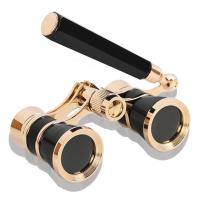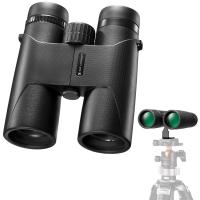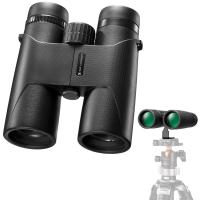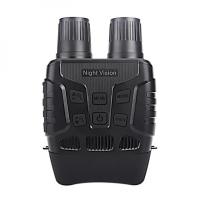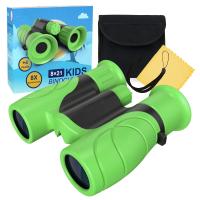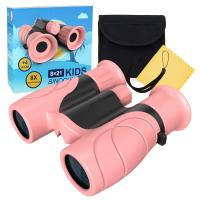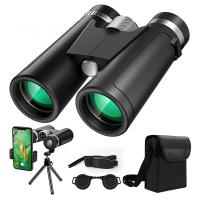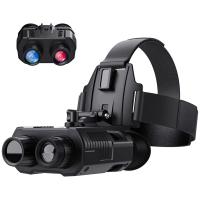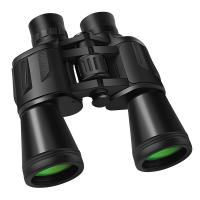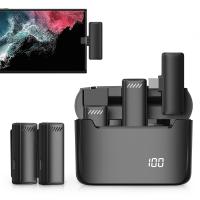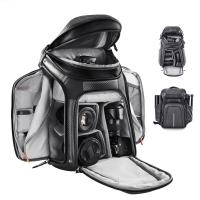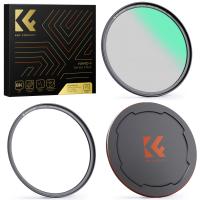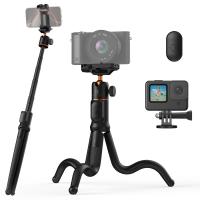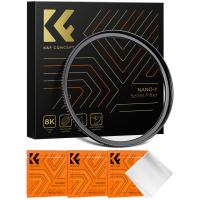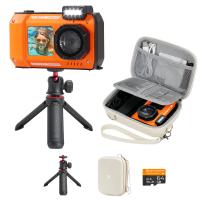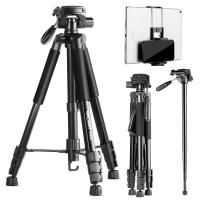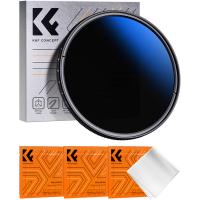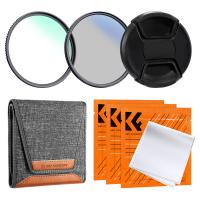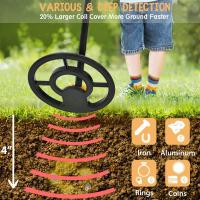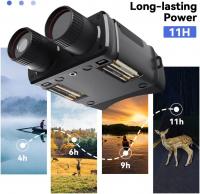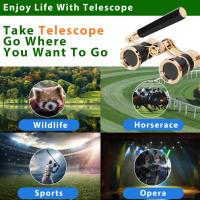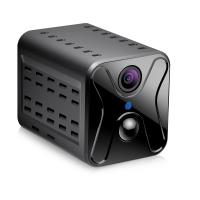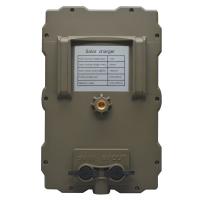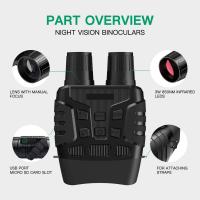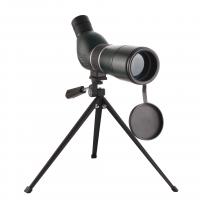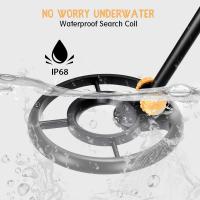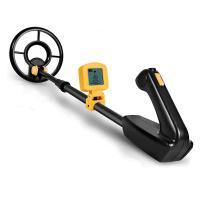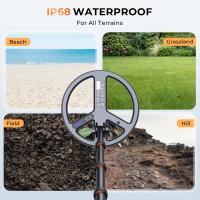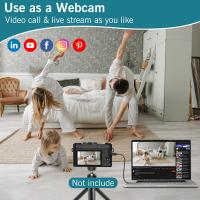Where To Buy Binoculars In Store?
When searching for binoculars to buy in-store, many people are looking for hands-on shopping experiences, expert advice, and easy access to try out different models before purchase. While online retailers dominate the shopping market these days, visiting physical stores has unique advantages, especially for products like binoculars where personal preference and performance are key considerations. Choosing the right binoculars often depends on individual needs such as outdoor activities, stargazing, wildlife observation, or sporting events, and these factors make the in-store experience particularly valuable.
If you’re wondering where to go and what to look for when shopping for binoculars in physical stores, this article will address common questions while providing practical guidance and tips for making the best decision for your needs.
---
The Benefits of Buying Binoculars In-Store
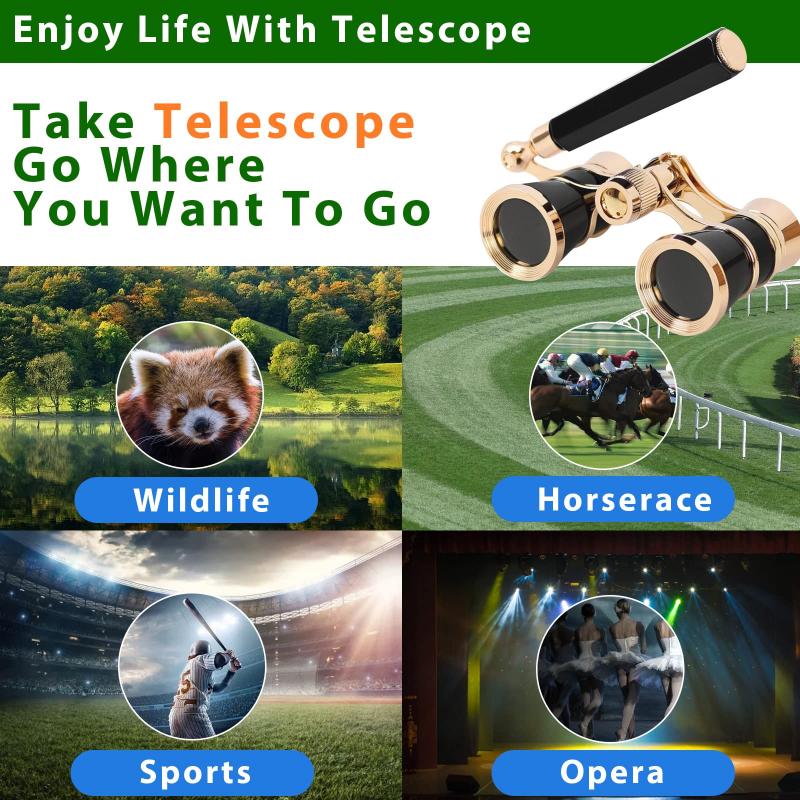
While it may seem convenient to buy binoculars online, there are clear advantages to visiting a store in person:
1. Hands-On Experience:
Binoculars come in various sizes, weight categories, and grip styles. Trying them in-store allows you to physically hold the binoculars, assess the ergonomics, and feel whether they are comfortable and balanced in your hands.
2. Testing Optical Performance:
Different models vary widely in optical clarity, brightness, and magnification. In most stores, you can test binoculars to evaluate their performance. You can see how they work in various lighting conditions and ensure they meet your specific needs, whether for birdwatching or sports.
3. Expert Advice:
Many optical retailers employ knowledgeable staff who can guide you toward the right choice based on your use case. They can explain technical specifications like magnification (e.g., 10x50), field of view, lens coatings, and prism types, which can all be overwhelming for newer users.
4. Warranty and Support Questions:
If you purchase binoculars at a local retailer, you can inquire about warranties, return policies, and customer support options before buying. Some retailers also offer repair services or exchanges, which add peace of mind.
---
Best Types of Stores to Buy Binoculars In-Store
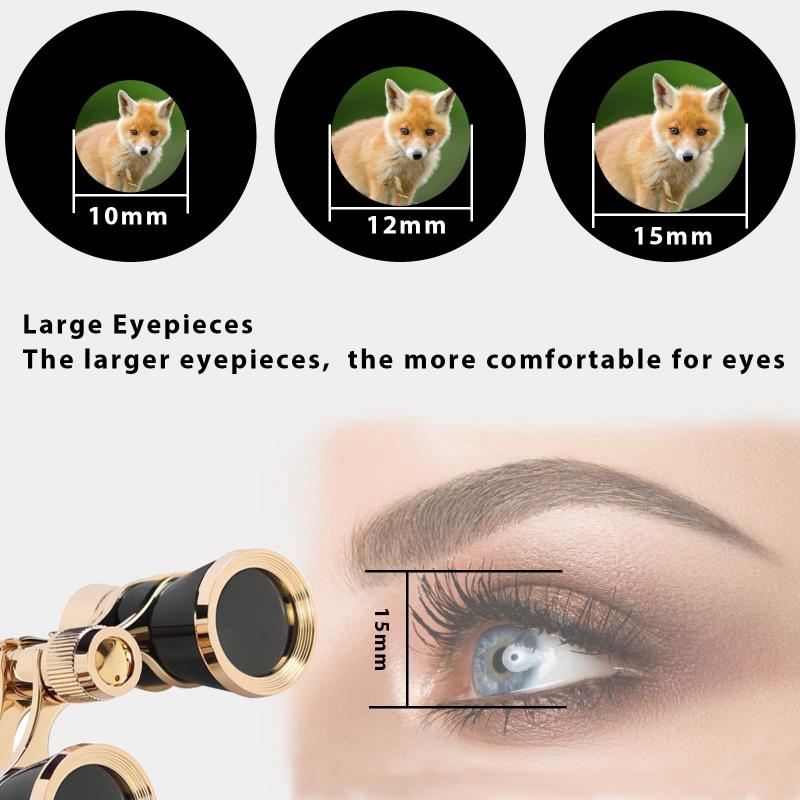
Not all stores are equal when it comes to purchasing binoculars. Below are some of the best types of retailers for in-store binocular shopping, along with what you can expect to find at each:
1. Outdoor and Sporting Goods Stores
Outdoor retailers specialize in equipment for camping, hiking, birdwatching, and other outdoor activities. Because binoculars are often essential gear for outdoor enthusiasts, these stores typically carry a wide selection of binoculars suitable for various needs.
- Examples: REI, Bass Pro Shops, Cabela’s
- Advantages:
- A wide range of models geared toward nature observation, wildlife spotting, and hiking.
- Knowledgeable associates familiar with outdoor recreational use.
- Often, outdoor retailers have in-store demo areas to test products.
2. Electronics and Camera Stores
Binoculars are highly relevant to photographers and gadget enthusiasts. At these stores, you may find higher-end options geared toward technical users.
- Examples: Best Buy, B&H Photo Video, Adorama
- Advantages:
- A greater variety of specialized optics.
- Stores often display specifications like lens coatings, image stabilization technology, or prisms (roof versus Porro prism designs).
- These retailers may stock tripod adapters for binoculars and complementary gear, especially for wildlife photography or stargazing.
3. Hunting and Tactical Outfitters
For hunters or tactical enthusiasts, shops focused on hunting and shooting tend to stock binoculars designed for spotting game over long distances. These models often emphasize features like durability, water resistance, and camouflage patterns.
- Examples: Dick’s Sporting Goods, Academy Sports + Outdoors
- Advantages:
- Robust binoculars built for harsh outdoor environments and long-distance observation.
- Expert advice available for hunters who may have very niche requirements, such as spotting targets during specific times of day.
4. Department and Big-Box Retailers
General merchandise stores can offer affordable options and cater to those looking for all-purpose binoculars.
- Examples: Walmart, Target
- Advantages:
- Budget-friendly choices for casual users who want decent optics at an affordable price.
- Convenient if you’re picking up camping supplies or sports accessories at the same time.
5. Specialty Optics and Astronomy Stores
If you’re looking for binoculars for stargazing and astronomy, specialty optics shops offer high-powered binoculars designed for these unique purposes. These stores often cater to hobbyists and carry a premium selection of optical devices.
- Examples: Local telescope or astronomy shops (or online brands with physical locations).
- Advantages:
- Access to astronomy-specific binoculars.
- Knowledgeable staff can explain advanced features like giant objective lenses for low-light performance.
6. Local Independent Stores
Don’t overlook small, privately owned optics or outdoor shops if they’re available in your area. These stores sometimes offer curated selections and unique recommendations.
- Advantages:
- Personal, high-quality customer service.
- Support for local businesses.
- Opportunities to find niche products that may not be available at larger chains.
---
Key Considerations When Shopping In-Store
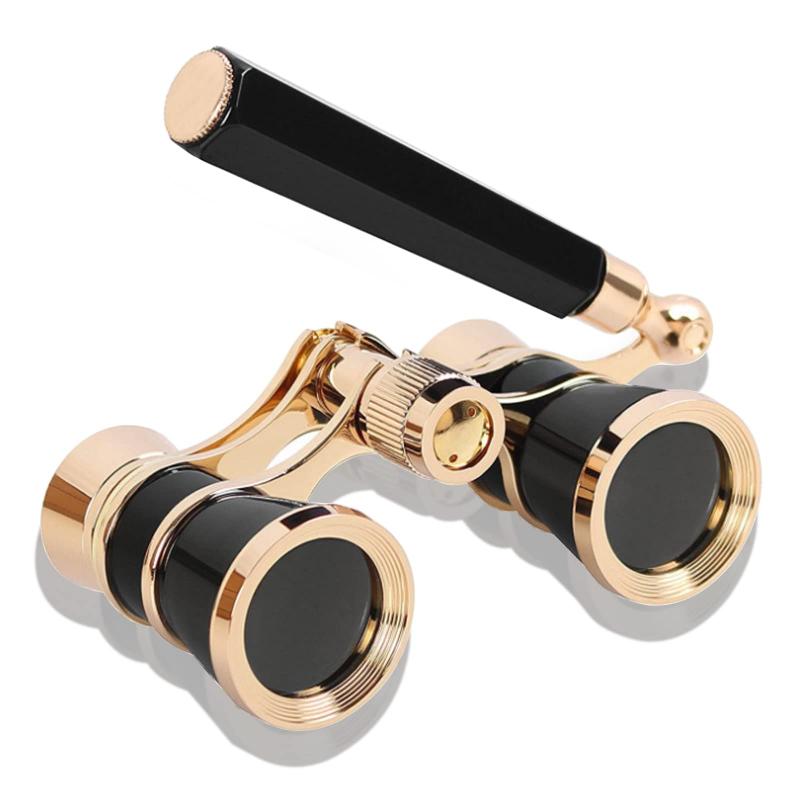
When shopping in-store for binoculars, be sure to keep a few essential factors in mind:
1. Determine Your Purpose
Before visiting the store, you should understand your primary needs for the binoculars:
- For birdwatching: Look for lightweight designs with optimal magnification (e.g., 8x42).
- For stargazing: Seek high-powered binoculars with larger objective lenses (e.g., 15x70).
- For sports and concerts: Compact models with a wide field of view work best.
2. Set a Budget
Binocular prices range from under $50 to well over $1,000, depending on your needs. By deciding on a budget beforehand, you can narrow down your choices and avoid overspending.
3. Ask the Right Questions
When interacting with sales staff, don’t hesitate to ask questions like:
- What is the warranty coverage?
- Are replacement parts (e.g., lens caps or straps) available in case I lose them?
- Can I test the binoculars outdoors or in different lighting?
4. Test for Comfort
If the store allows, try holding and using the binoculars for several minutes. Note whether your hands feel strained or if the focusing mechanism feels intuitive.
---
Tips for Getting the Best Deal
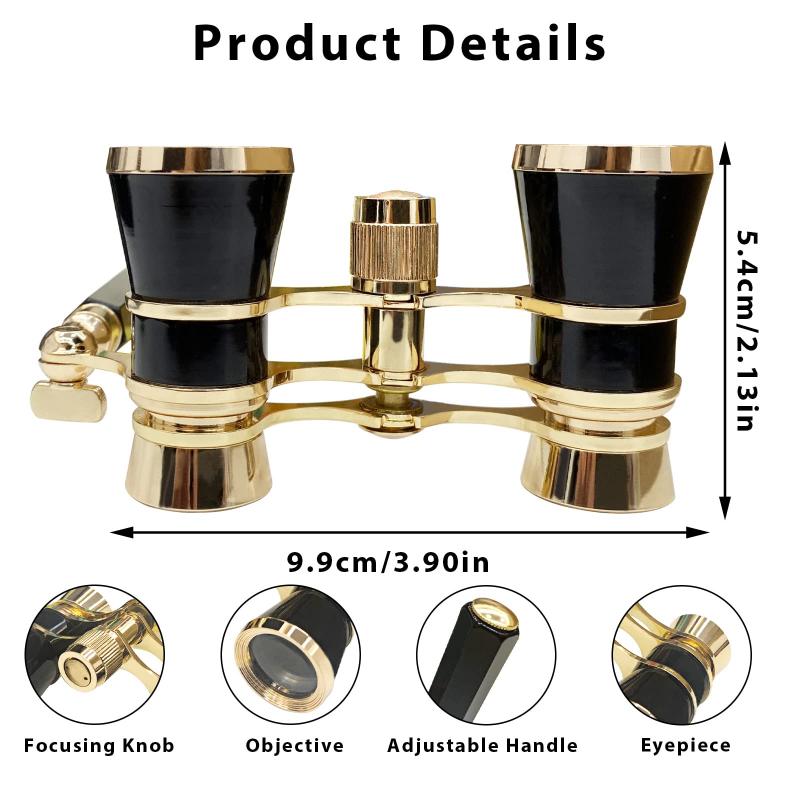
1. Shop During Sales: Many stores have seasonal sales or promotions around holidays.
2. Sign Up for Membership Discounts: Retailers like REI offer members exclusive discounts on gear, including optics.
3. Check Open-Box Deals: Some electronics or specialty stores offer significant discounts on open-box or display items, which are still in excellent condition.
4. Compare Prices Across Stores: Large chains often price-match competitors, so you might find a better deal by comparing stores before making the final purchase.
---
Final Thoughts
Buying binoculars in-store can be a rewarding experience, offering you the chance to choose a product that perfectly fits your needs while benefiting from expert advice and hands-on testing. Whether you’re shopping at an outdoor retailer, electronics store, or specialized optics outlet, there’s a wealth of options available to meet your budget and usage requirements.
Remember that the ideal binoculars for you depend not only on technical specifications but also on personal comfort and intended use. By visiting a store and spending time exploring different models, you can make a well-informed decision—one that ensures you’re hitting the trail, the concert, or the stargazing event with the perfect pair in hand. Happy exploring!

